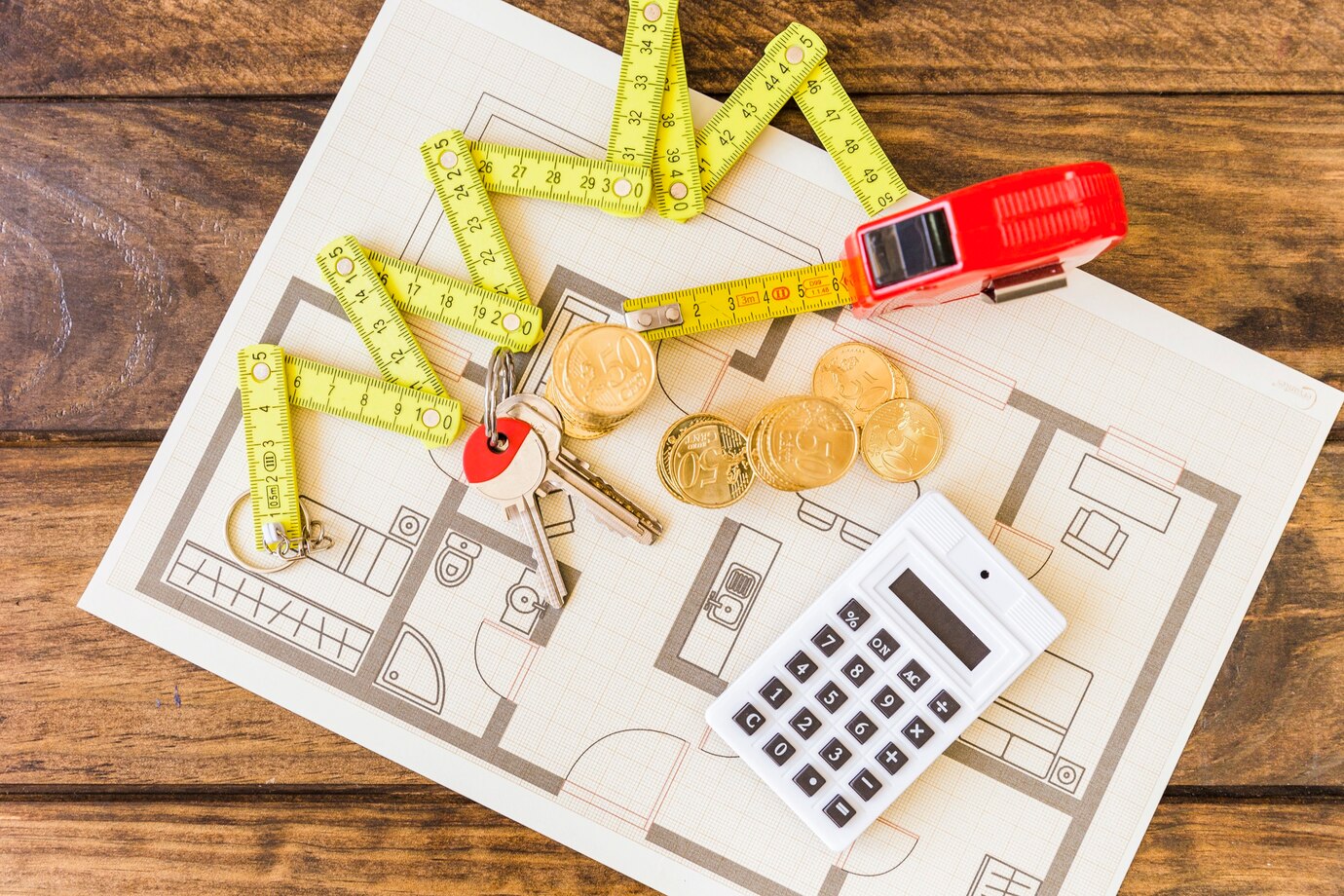
Refinancing for home improvements can be a smart way for Winnipeg homeowners to fund renovations and upgrades. This financial strategy allows you to tap into your home’s equity to finance projects that can increase your property’s value and enhance your living space.
Key takeaways
- Refinancing for home improvements lets Winnipeg homeowners access their home equity
- Cash-out refinancing is a popular option for funding renovations
- Homeowners should consider interest rates, closing costs, and loan terms before refinancing
- Local Winnipeg lenders may offer competitive rates for refinancing
- Home improvements can increase property value and quality of life
- Alternatives to refinancing include home equity loans and lines of credit
Understanding refinancing for home improvements in Winnipeg
Winnipeg homeowners looking to upgrade their properties often face the challenge of financing these projects. Refinancing for home improvements offers a solution by allowing you to borrow against your home’s equity. This approach can be particularly useful in Winnipeg’s housing market, where property values have been steadily increasing.
How refinancing works for Winnipeg homeowners
When you refinance your home for improvements, you replace your current mortgage with a new one that has a higher balance. The difference between the old and new mortgage amounts is paid out to you in cash, which you can then use for your renovation projects.
The benefits of refinancing for Winnipeg renovations
Refinancing to fund home improvements can offer several advantages for Winnipeg homeowners:
- Lower interest rates compared to personal loans or credit cards
- Potential tax benefits (consult with a local tax professional)
- Opportunity to increase your home’s value
- Improved living space and comfort
Assessing your home’s equity in Winnipeg
Before considering refinancing, it’s crucial to understand how much equity you have in your home. Winnipeg’s real estate market has seen growth in recent years, which may have increased your home’s value and, consequently, your available equity.
Calculating your home equity
To determine your home equity, subtract your current mortgage balance from your home’s current market value. For example, if your Winnipeg home is worth $400,000 and you owe $250,000 on your mortgage, you have $150,000 in equity.
Winnipeg’s home value trends
Winnipeg’s housing market has shown resilience and growth. Understanding local market trends can help you make an informed decision about refinancing. Consult with a local real estate agent or appraiser to get an accurate valuation of your property.
Types of refinancing options for home improvements

Winnipeg homeowners have several refinancing options to choose from when looking to fund their renovation projects.
Cash-out refinance
This is the most common type of refinancing for home improvements. You take out a new mortgage for more than you owe on your current one and receive the difference in cash.
Rate-and-term refinance with cash out
With this option, you can refinance your existing mortgage to a better rate or term while also taking out additional cash for your renovations.
FHA 203(k) refinance
This government-backed loan allows you to refinance your existing mortgage and include the costs of home improvements in the new loan amount.
Evaluating the costs of refinancing in Winnipeg
While refinancing can provide funds for home improvements, it’s important to consider the associated costs.
Closing costs
Refinancing involves closing costs, which typically range from 2% to 5% of the loan amount. In Winnipeg, these costs may include:
- Appraisal fees
- Legal fees
- Title insurance
- Mortgage registration fees
Interest rates and loan terms
Compare current mortgage rates in Winnipeg to ensure you’re getting a competitive deal. Consider how the new interest rate and loan term will affect your monthly payments and overall loan cost.
Winnipeg’s popular home improvement projects
When refinancing for home improvements, consider projects that add value to your property and align with Winnipeg’s climate and lifestyle.
Energy-efficient upgrades
Given Winnipeg’s extreme temperatures, energy-efficient improvements can lead to significant savings:
- Upgrading to triple-pane windows
- Adding insulation to walls and attics
- Installing a high-efficiency furnace
Kitchen and bathroom renovations
These rooms often provide the best return on investment:
- Modernizing cabinets and countertops
- Updating plumbing fixtures
- Installing energy-efficient appliances
Basement development
Many Winnipeg homes have unfinished basements. Developing this space can add valuable living area to your home.
The refinancing process for Winnipeg homeowners

Understanding the refinancing process can help you navigate it more smoothly.
Step 1: Assess your financial situation
Review your credit score, income, and current debts to determine if you qualify for refinancing.
Step 2: Shop for lenders
Compare offers from multiple Winnipeg lenders, including banks, credit unions, and mortgage brokers.
Step 3: Gather necessary documents
Prepare financial documents such as:
- Proof of income
- Tax returns
- Bank statements
- Current mortgage statement
Step 4: Apply for refinancing
Submit your application to your chosen lender and provide all required documentation.
Step 5: Home appraisal
The lender will arrange for an appraisal of your Winnipeg home to determine its current value.
Step 6: Loan approval and closing
If approved, review the terms carefully before signing the new mortgage agreement.
Alternatives to refinancing for home improvements
If refinancing isn’t the right option for you, consider these alternatives:
Home equity line of credit (HELOC)
A HELOC allows you to borrow against your home equity as needed, often with lower upfront costs than refinancing.
Home equity loan
This is a second mortgage that provides a lump sum payment, typically with a fixed interest rate.
Personal loans
While usually having higher interest rates, personal loans don’t require using your home as collateral.
Managing your refinanced mortgage
After refinancing, it’s important to manage your new mortgage responsibly.
Budgeting for your new mortgage payments
Adjust your monthly budget to accommodate your new mortgage payment and ensure you can comfortably afford it.
Tracking your renovation expenses
Keep detailed records of your home improvement expenses for potential tax purposes and to ensure you stay within budget.
Winnipeg’s mortgage regulations and refinancing

Be aware of local and national regulations that may affect your refinancing options.
Mortgage stress test
Canadian homeowners must pass a mortgage stress test when refinancing with a federally regulated lender. This test ensures you can afford your payments if interest rates increase.
Provincial regulations
Manitoba has specific regulations regarding mortgages and refinancing. Consult with a local mortgage professional to understand how these may impact your refinancing plans.
The impact of refinancing on your long-term financial health
Consider how refinancing for home improvements will affect your overall financial picture.
Extending your mortgage term
Refinancing may extend the time it takes to pay off your mortgage. Weigh this against the benefits of your home improvements.
Building long-term equity
While you may be taking on more debt initially, quality home improvements can increase your property’s value, potentially building more equity over time.
Conclusion: Making the right choice for your Winnipeg home
Refinancing for home improvements can be an excellent way to fund renovations that enhance your living space and potentially increase your home’s value. However, it’s crucial to carefully consider your financial situation, the costs involved, and the potential return on investment for your planned improvements.
By understanding the refinancing process, exploring your options, and considering the unique aspects of Winnipeg’s housing market and climate, you can make an informed decision about whether refinancing is the right choice for your home improvement goals. For more information, visit or website or contact us!